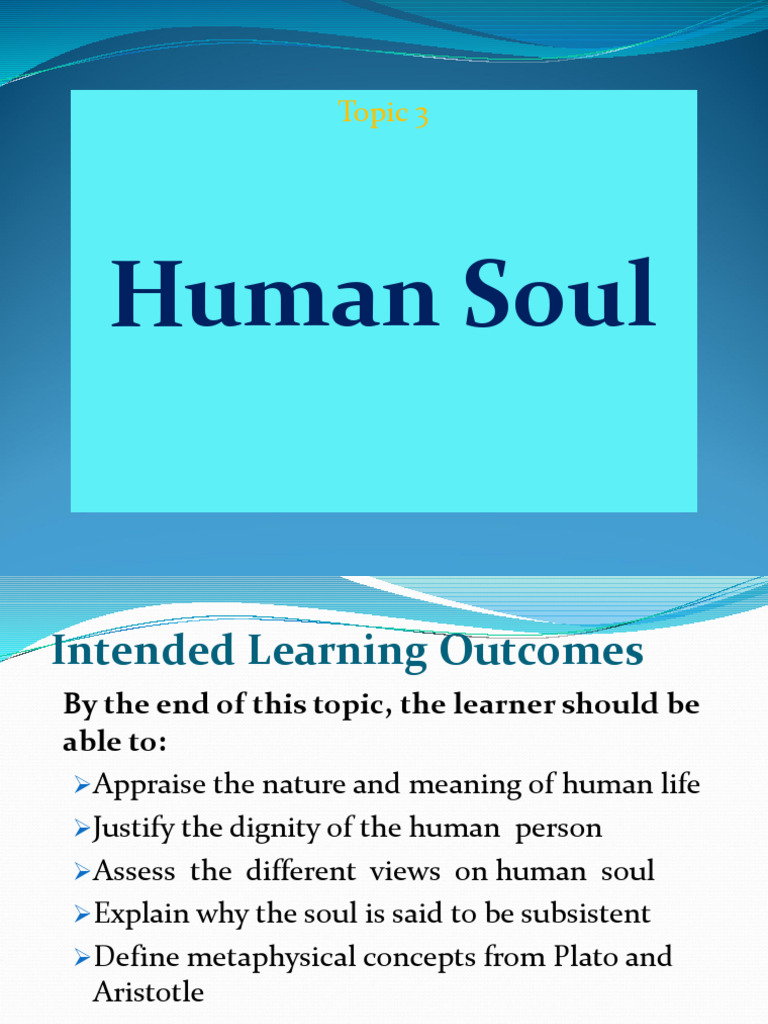In the quest for understanding the human condition, the Bahá’í teachings provide profound insights into the nature of the soul. As humanity grapples with existential questions, the intersection of spirituality and intellect becomes increasingly relevant. So, what can ChatGPT, a sophisticated language model, illuminate for us about the human soul from the perspective of Bahá’í thought? This investigation not only prompts an intriguing inquiry but also presents a challenge: can modern technology augment ancient wisdom, or does it merely echo our long-held beliefs?
The Bahá’í Faith posits that the soul is an eternal entity, intrinsically linked to the divine. According to Bahá’í teachings, the human soul is not simply a byproduct of biological processes; it is a spiritual essence that transcends the physical realm. The nature of the soul is complex and multifaceted, a topic that has been explored through various lenses—spiritual, philosophical, and scientific.
One of the cornerstones of Bahá’í philosophy is the idea that the soul undergoes a journey of development throughout its existence. It is an essential element of individual identity that evolves through experiences and actions. This developmental journey is marked by the cultivation of virtues and the quest for knowledge. Each soul, through its earthly life, accumulates character and spiritual maturity, ultimately striving to reunite with its Creator. This continuing evolution raises questions about the afterlife, purpose, and the interconnectedness of all beings.
In Bahá’í thought, the soul is often described as a “germ of divinity” within each individual. This characterization serves at least two key purposes. First, it emphasizes the innate potential for greatness present within each person. Second, it acknowledges the critical role of free will in the shaping of one’s character and destiny. The Bahá’í teachings advocate for the utilization of this divine potential, encouraging individuals to engage in self-reflection and moral development. The challenge here lies in the reconciliation of this divine spark with daily, often mundane realities. How does one navigate a world rife with distractions and temptations while striving for spiritual excellence?
Humanity’s collective journey poses additional complexities. As souls are interconnected, they influence one another in profound ways. The principle of unity in diversity is a hallmark of Bahá’í belief, underscoring the importance of recognizing and valuing the uniqueness of each individual while acknowledging the collective Oneness of mankind. This concept invites us to consider the moral implications of our actions on others—how do our choices resonate through the interconnected web of existence?
As we delve further into the Bahá’í understanding of the soul, a major focus becomes the attributes that define its essence. Qualities such as love, compassion, and justice are seen as vital characteristics that facilitate a robust spiritual life. Bahá’í teachings call for adherence to these virtues, portraying them as the means by which the soul flourishes. However, this articulation poses a challenge: In an era where individualism predominates, can humanity move towards a collective commitment to these values? Or will self-interest continue to overshadow spiritual development?
Additionally, the exploration of the soul’s journey extends to its relationship with the material world. Bahá’í philosophy rejects the dualistic interpretation often found in religious traditions that view the soul and body as opposed entities. Instead, it presents a harmonious interrelationship where the physical existence can develop the soul, yet should not eclipse or undermine its divine essence. This perspective encourages individuals to embrace their physicality while remaining ever-conscious of their spiritual journey. This dual focus presents a challenge: how can individuals balance their spiritual aspirations with practical realities of life?
The ultimate destiny of the soul—its return to the Divine Source—invites contemplation of what this means for our earthly life. According to Bahá’í beliefs, preparation for the afterlife comprises the cultivation of various spiritual capacities through deeds and intentions during earthly existence. This raises essential ethical inquiries: are our daily actions reflective of our higher aspirations? Do we actively seek to draw nearer to that divine essence, or do we let life’s challenges deter our growth?
In light of Bahá’í messages, there is a clarion call for a transformative worldview grounded in spirituality. Emphasis on education and the development of moral character become paramount in nurturing the individual soul as well as collective humanity. This approach not only enriches personal lives but fosters community cohesion and social progress. Yet, adhering to these teachings requires tremendous commitment, courage, and resilience in the face of societal disruptions and disconnection.
The question posed earlier remains pertinent: can a tool like ChatGPT assist in sifting through the complexities of the Bahá’í understanding of the soul? While such technology may provide useful insights and provoke thoughtful discourse, the human soul’s intricacies can only resonate through genuine contemplation, dialogue, and lived experiences. Ultimately, the exploration of the human soul through Bahá’í teachings serves not only to elevate our understanding but challenges us to embody those ideals in our pursuits. Can we, then, rise above mere intellectual engagement and strive to transform our lives in accordance with these profound teachings? The journey is indeed both individual and collective, beckoning each of us to engage wholeheartedly.
